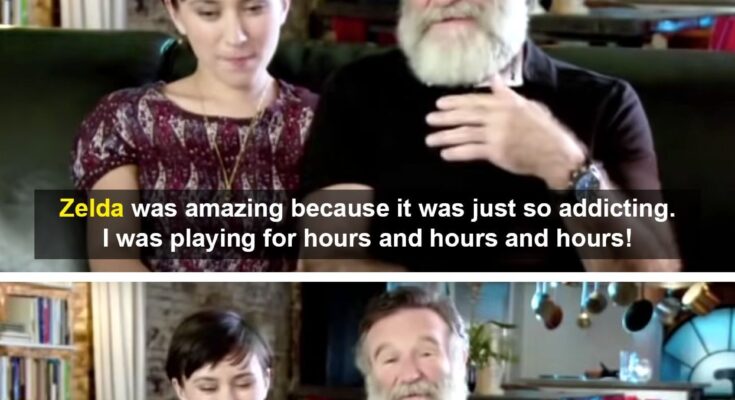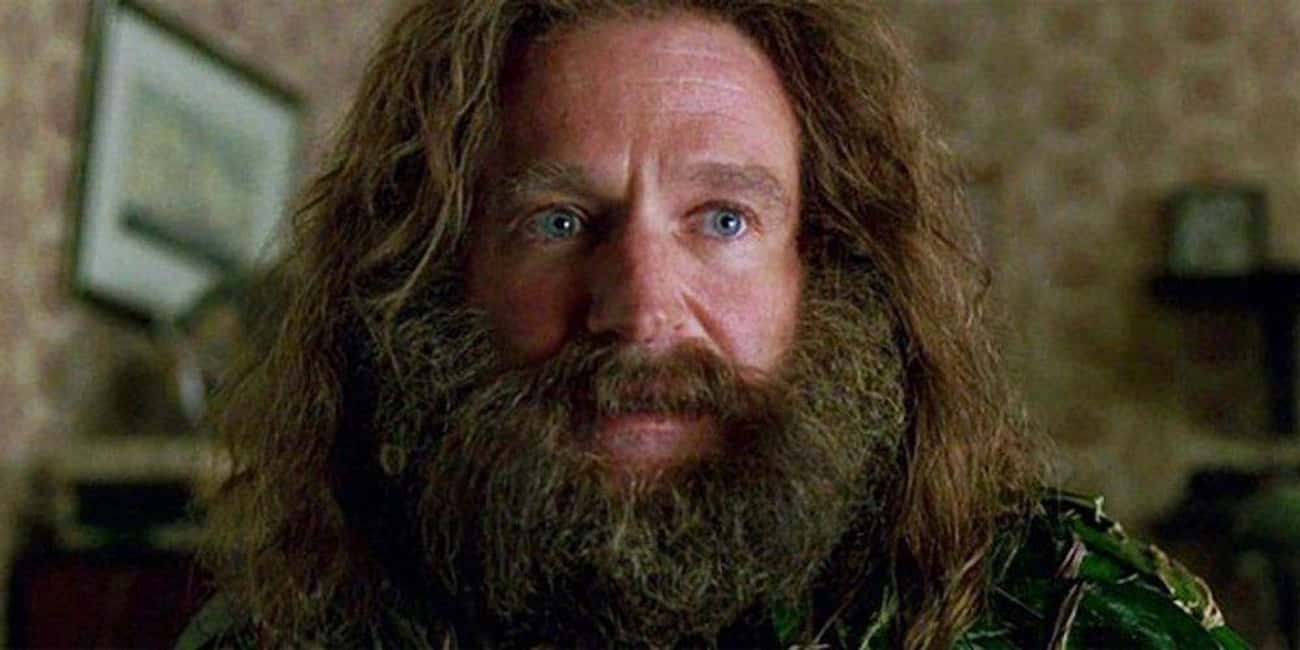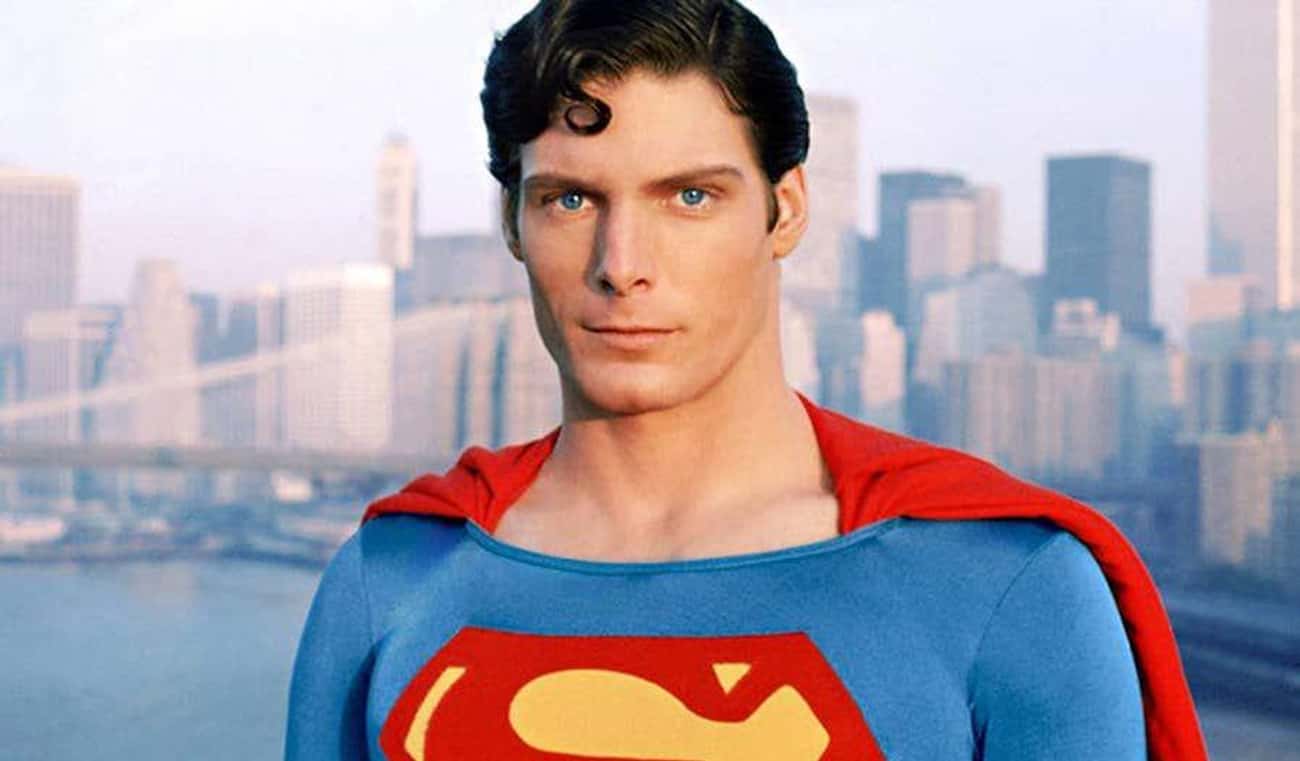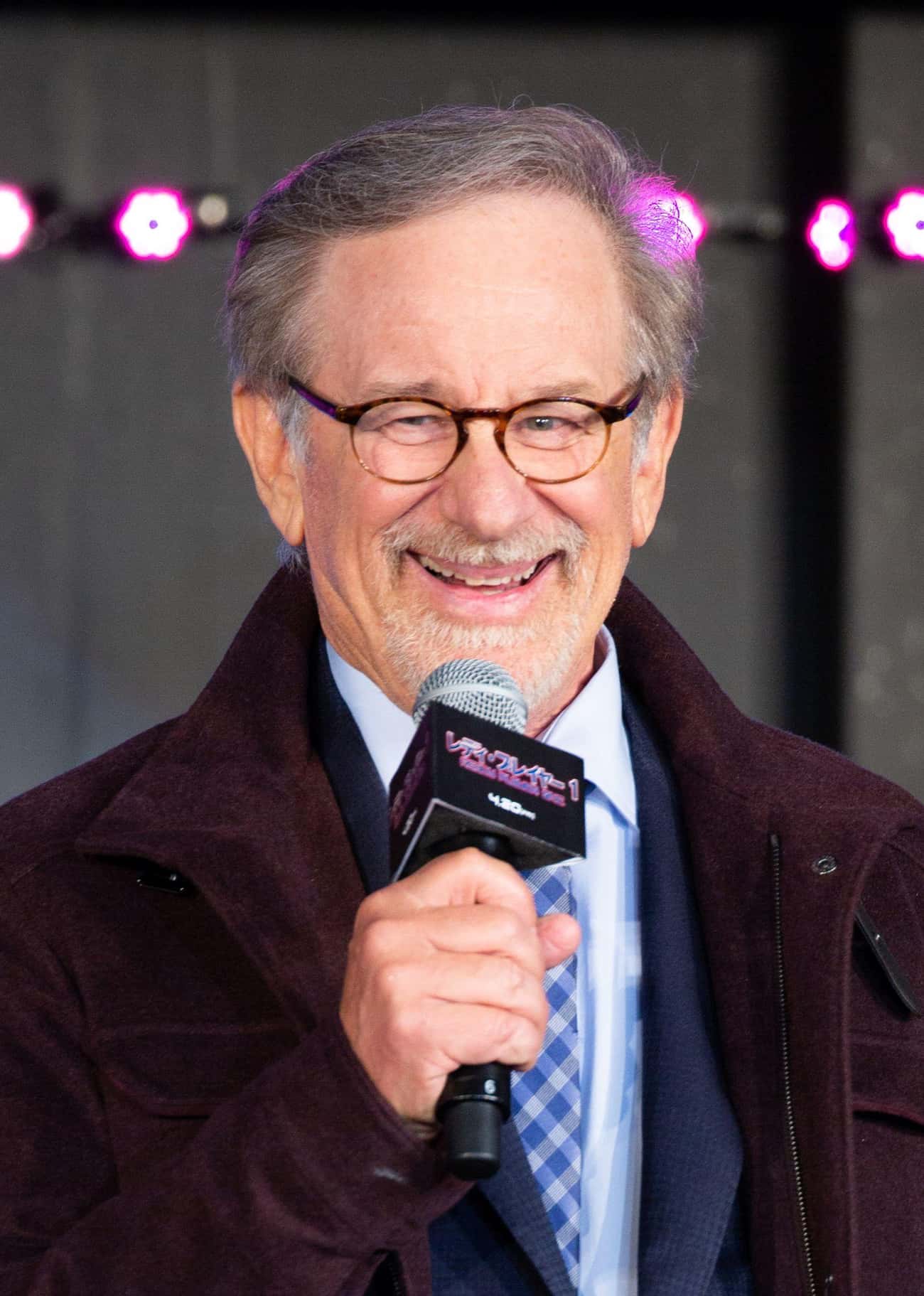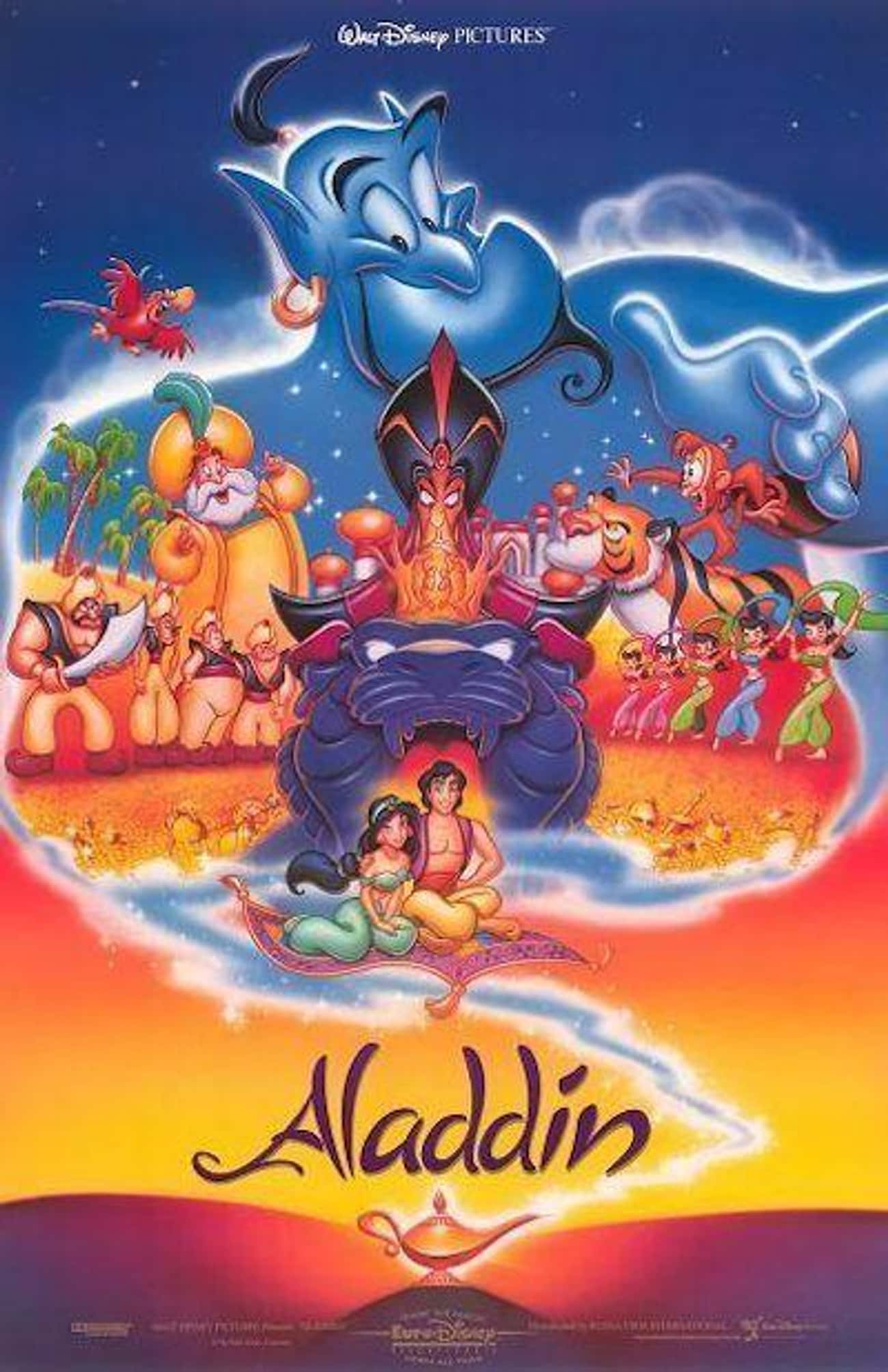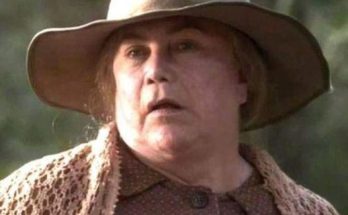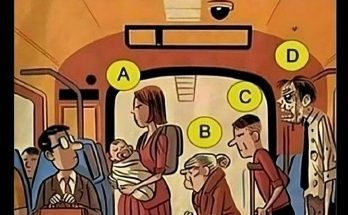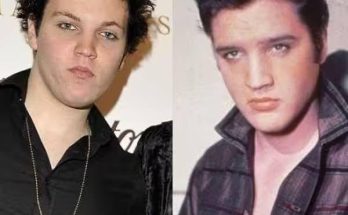It’s difficult to exaggerate the impact of Robin Williams, because “impact” is the perfect word for his comedic style. In his stand-up, he threw jokes at the audience rapid-fire, parading through characters and voices without stopping for breath – ending his set drenched in a mixture of his own sweat and several bottles of water. As an actor, he could achieve heartbreaking sincerity – such as his Oscar-winning role in Good Will Hunting – or clown his way through utter dreck.
Off stage, Williams battled with depression and addiction. In the comedy community, he was both envied for his success and despised for stealing jokes – a charge Williams freely admitted to. He was open about his flaws, and beloved by his friends – and audiences the world over. Here are a few things you may not have known about Robin Williams. Vote up the facts that genuinely surprise you.
Williams Wanted To Play Hagrid In ‘Harry Potter’ – But Was Turned Down Because He Was American
As Harry Potter and the Sorceror’s Stone was going into production, Robin Williams was eager to play the role of Hagrid – the kindly, half-giant groundskeeper of Hogwarts. Unfortunately, the producers had imposed a “Brits-only” rule for the casting.
Casting director Janet Hirshenson told the Huffington Post, “Robin had called because he really wanted to be in the movie, but it was a British-only edict, and once [director Chris Columbus] said no to Robin, he wasn’t going to say yes to anybody else, that’s for sure. It couldn’t be.”
When Christopher Reeve Was In The Hospital, Williams Pranked Him By Pretending To Be His Proctologist
When actor Christopher Reeve was paralyzed during a horse riding accident in 1995, Williams was the first person to show up at his bedside. The two had been students at Juilliard in the 1970s, and remained good friends in the ensuing decades.
While Reeve was waiting for a risky surgical procedure to reattach his skull and spine, Williams appeared in medical scrubs pretending to be Reeve’s proctologist. Despite the Russian accent Williams used, it didn’t take long for Reeve to figure out the prank. “He came here one afternoon and just — thank God I wear a seatbelt in this chair because I would have fallen out laughing,” Reeve said.
Shortly after Williams passed in 2014, Reeve’s family released a statement saying, “After our father’s accident, Robin’s visit to his hospital room was the first time that Dad truly laughed. Dad later said, ‘My old friend had helped me know that somehow I was going to be okay.'”
Disney Asked Robin Williams Not To Voice Batty In ‘Ferngully: The Last Rainforest’
According to director Bill Kroyer, Disney was annoyed when he poached some of their best animators to make 1992’s FernGully: The Last Rainforest. However, he believes what really upset Disney studio head Jeffrey Katzenberg was the fact that Robin Williams was voicing the character of Batty Koda.
At the time, Williams was also lending his voice to the genie in Aladdin, and both films were slated to debut in the same year. Katzenberg didn’t like that, but Williams had signed up to do FernGully first. According to FernGully screenwriter Jim Cox,
Katzenberg did not want him voicing two animated characters in two animated movies at the same time, and tried to force Robin not to do it. Robin was steaming, like, “It’s my voice! You can’t stop me.”
While Steven Spielberg Was Filming ‘Schindler’s List,’ Williams Called Him Once A Week To Cheer Him Up
Schindler’s List is a heartbreaking film about a monstrous era in world history, and the production took an emotional toll on director Steven Spielberg. In 2018, the director revealed that he and Williams had a weekly phone call that helped him relax:
Robin knew what I was going through, and once a week, Robin would call me on schedule and he would do 15 minutes of stand-up on the phone. I would laugh hysterically, because I had to release so much.
Williams Didn’t Like How Disney Marketed ‘Aladdin,’ So They Gave Him A Million-Dollar Picasso To Make It Up To Him
In the 1990s, Robin Williams was making about $8 million per film. That wasn’t the case on Disney’s Aladdin. The high-profile comedian and actor agreed to work for scale ($75,000), on the condition that Disney not use him prominently in marketing the 1992 animated feature. As Williams told the Today Show:
We had a deal…. The one thing I said was I will do the voice. I’m doing it basically because I want to be part of this animation tradition. I want something for my children. One deal is, I just don’t want to sell anything — as in Burger King, as in toys, as in stuff.
But Disney did use Williams and his character in its advertising – and the film ultimately pulled in more than $500 million worldwide. Williams was salty about the experience, and gave several interviews badmouthing Disney for reneging on their deal. “[T]hey crossed the line,” he said. However, Disney representatives argued that all their marketing was approved by Williams and his wife.
Whatever the case, Disney hoped to smooth things over by sending Williams a painting by Pablo Picasso worth about $1 million. Williams’s friend Eric Idle, a member of Monty Python, told Williams he should “burn the Picasso live as a form of protest.”
Disney and Williams did eventually patch things up, and the actor returned to the Aladdin franchise to voice the genie in 1996’s Aladdin and the King of Thieves.
Williams Admitted He Stole Jokes And Paid Comedians To Use Their Material
To many comedians, stealing a signature joke is the ultimate sin of stand-up. In the comedy community, Robin Williams was alleged to be a prolific stealer of jokes – but comedians differ on how intentional this was.
Some claim Williams would go to comedy clubs to deliberately steal other comics’ material, while others say Williams soaked up comedy bits like a sponge and would repeat them while going on improvisational tangents. Williams himself admitted to the latter in a 2010 interview with Marc Maron:
I think in the old days… if you hang out in comedy clubs, when I was doing it almost 24/7, you hear things, and then if you’re improvising all of a sudden you repeat it and go, “Oh s***…” My brain was working that way.
Williams also admitted that, when comedians confronted him about stealing their jokes, he apologized by paying for them. “I was also like the bank of comedy,” he told Maron. “Like, ‘Oh s***, here you go, here’s money, I’m sorry!”
It Was His Dementia, Not Depression, That Ultimately Caused Williams To Take His Life
Throughout his career, Robin Williams was open about his struggle with depression, and when he took his life in August 2014, many outlets speculated his depression was to blame. Sadly, this was only one factor that contributed to his passing.
In fact, Williams suffered from a neurodegenerative disorder known as Lewy body dementia, or dementia with Lewy bodies. It is the second most common form of dementia after Alzheimer’s disease. The symptoms are debilitating and include “fluctuations in mental status, hallucinations and impairment of motor function.”
According to Williams’ widow, Susan, the disease began to manifest in the year before the comedian took his life, and rapidly ate away at his mental state. The man she loved was “just disintegrating” before her eyes, Susan explained in an interview. Williams’ friend, director Bobcat Goldthwait, recognized this as well.
“I definitely witnessed his dementia,” Goldthwait said. “You know, him processing things completely different…. He was frustrated trying to memorize dialogue and things like that. This was something that was attacking his brain…”
Williams was diagnosed with Parkinson’s disease three months before his suicide, and it wasn’t until three months after his death that the coroner confirmed he suffered from Lewy body dementia. Susan wrote that Williams had lost 40% of his dopamine neurons, and his case was “one of the worst pathologies [his doctors] had seen.”
If he had not taken his life, Williams was predicted to live three more years, at most, and in a progressively declining condition.
Williams Prevented Oprah From Publicly Outing Nathan Lane Before He Was Ready
By the time he was co-starring in The Birdcage with Robin Williams, Nathan Lane had told his parents he was gay – and and most of the New York theater scene knew, too. However, in 1996, Lane wasn’t comfortable sharing that information with the whole world.
When Lane and Williams were doing publicity for The Birdcage on Oprah Winfrey’s talk show, Lane’s publicist told him the subject was bound to come up. Lane replied, “I’m not ready to discuss whether I’m gay or not with Oprah. I can barely deal with meeting Oprah, let alone telling her I’m gay.”
Oprah broached the subject anyway, so Williams tried to change the subject. As Lane recalls,
She says to me something like, “Oh, you’re so good at that girly stuff.” Or whatever it was. And Robin obviously sensed she might be going toward the sexuality question and he immediately swoops in and diverts the interview away from that to protect me.
Robin Williams Was One Of The Last People To See John Belushi Alive
In his biography of Robin Williams, journalist Dave Itzkoff writes that Robin Williams was one of the very last people to see John Belushi alive. Williams met up with Belushi on the night of March 4, 1982, at the Chateau Marmont, a hotel on LA’s Sunset Strip. Itzkhoff writes,
When Belushi came back, he was joined by Cathy Evelyn Smith, a singer and drug dealer who had dated musicians like Levon Helm and Gordon Lightfoot, and her presence made Robin deeply uncomfortable. She seemed gaunt and worn down, and the room itself was disheveled and strewn with empty wine bottles. Belushi took out a guitar and strummed a few chords; subsequent accounts of the evening would later state that he and Robin did some cocaine, though Robin himself denied this.
Belushi became groggy, and told Williams it was due to some quaaludes he’d done earlier. Williams decided it was time for him to leave, and invited Belushi to visit him at his ranch in Topanga Canyon. A few hours later, Belushi succumbed to a fatal overdose in his sleep.
He Was Originally Supposed To Voice The Titular Character In ‘Howard the Duck’ But Quit After Less Than A Week
The voice of Howard in Howard the Duck, the 1986 flop-turned-cult-classic film about an intelligent alien who landed on Earth, is actor Chip Zien.
Zien wasn’t the first choice, however. Zien replaced Robin Williams after the improv-inclined Williams got frustrated with the voiceover process and walked away.
In an interview with The Hollywood Reporter, Zien recalled:
I was told was by the third day, Robin said, “I can’t do this. It is insane. I can’t get the rhythm of this. I am being confined. I am being handcuffed in order to match the flapping duck’s bill.”
Zien, as he put it, was also told by the casting director he sounded “a little bit like a duck” and excitedly took on the role.
Williams’s Daughter Zelda Is Named After The Popular Video Game Character
Zelda Rae Williams was born in 1989 to Robin Williams and producer Marsha Garces. In an interview with Game News, Williams said he and his then-wife named their daughter after the titular Zelda in the Legend of Zelda series of video games.
Williams described buying a Nintendo system, bringing it home, and playing Zelda “for hours and hours and hours and hours…” Williams doesn’t specify, but the game would have been either the original Legend of Zelda (released in 1987 in the US), or The Adventure of Link (released in ’88 in the US).
“A lot of people come up and say, ‘Is she named after F. Scott Fitzgerald’s wife?'” Williams said. “No, it’s Zelda from the Legend of Zelda.”
